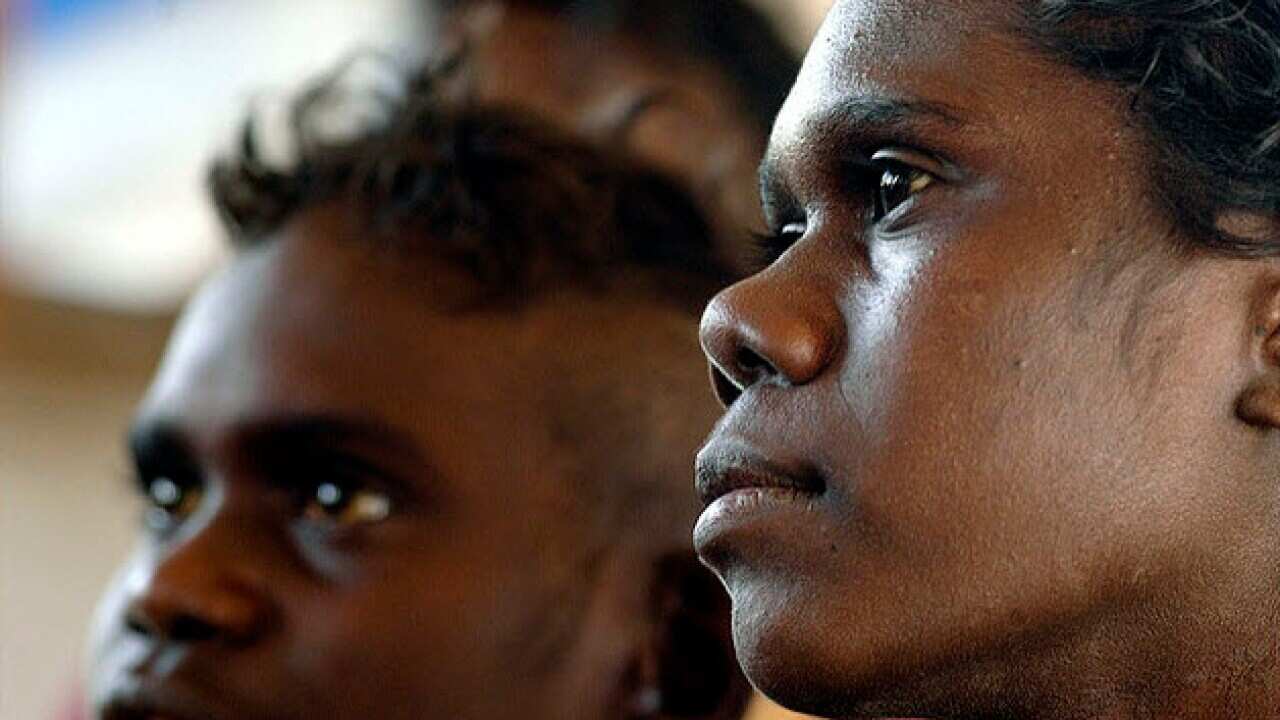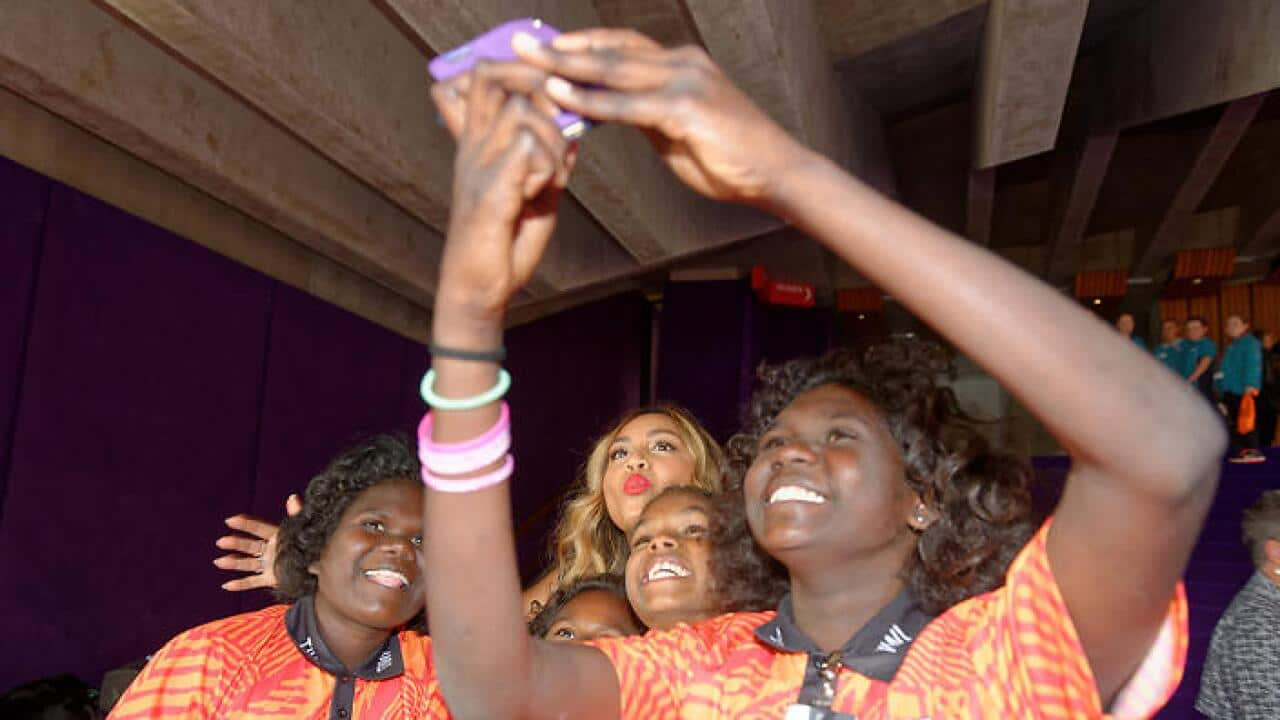This was just one of the stories Awaken panel member Leann Wilson was told when she visited a boarding school that was keen to reconfigure the way it works with Indigenous communities.
"Sometimes its as simple as that, just getting our food right in those institutions, so I give them credit because they are doing some great work, but there's so much more work to be done," Leann said.
Wednesday's Awaken special on the grounds of Bond University explores the many challenges in Indigenous education and the pitfalls that a one-size-fits-all education model brings.
Ned David, the current chair of the Torres Strait Islanders Regional Education Council INC (TSIREC), told the panel, "The system is never going to be perfect, [but] I think we've made some significant improvements in some areas. We've had our own people get involved in education in all the various levels where I think we are able to influence decision."
But Mr David cautions that despite improvement by community educators, it's important not to feel comfortable with the improvements that have come, as there is always more work to be done for Indigenous kids.
Wayne Butcher, the mayor of the Lockhart River Aboriginal Shire Council, feels that education for Indigenous kids should be starting early, and not just in schools.
"Education starts at home, there’s no doubt about it. If you look at the percentage of time that a teacher has to teach a child at school compared to the time that a parent has at home, I think that there's an outweighed balance there, so I think it’s very important collectively, as a whole… to get behind education and take ownership of the schools."
Cr Butcher also pointed out that remote communities struggle to maintain large enough numbers of quality teachers and principals in the community, and due to this, the community has to step up to the role of better educating their children.
"The principals and teachers that come and visit our schools, they only come on average for two year stints, so I see it as… we steer the ship of education to where we want to see it destined in the future."
We steer the ship of education to where we want to see it destined in the future
Siobhan Jackson, the Principal of Lockhart River State School, agrees that that recruiting teachers is tough, especially in remote areas, but adds she is always looking for solutions to that problem. But she realises that despite a lack of teachers, considering culture in the education process is just as important.
"You just keep doing anything that you can to get kids learning and get kids engaged in learning… It's about nurturing and supporting children to have a strong cultural identity; i''s a unique thing, it's unique to every community; so I work with the community to ensure that that's a part of our school."
Waverley Stanley, a Wakka Wakka man who was a founding director of Yalari, says that for Indigenous education to move forward Indigenous Australians must play a big part.
"For us as Indigenous people, we cannot blame anybody else anymore, we have to be accountable, we have to be responsible, our families have got to send our children to school, there are no more excuses whatsoever anymore," Mr Stanley said.
Education is a most powerful tool, or the most powerful weapon we can use to change our world
Waverley likes to look to the future, and says that the issues that are being discussed now about Indigenous education shouldn't only be looking at this generation, but also towards the next five generations.
"As Nelson Mandela once said, education is a most powerful tool, or the most powerful weapon we can use to change our world."
NITV's Awaken "Square Peg, Round Hole" screens tonight at 9pm on Channel 34 free to air Channel 144 Foxtel.
This episode is hosted by Catherine Liddle on the grounds of the Bond University on the Gold Coast and features Catherine O'Sullivan, Leann Wilson, Biama Nona, Ned David, Siobhan Jackson, Waverley Stanley, and Wayne Butcher.



